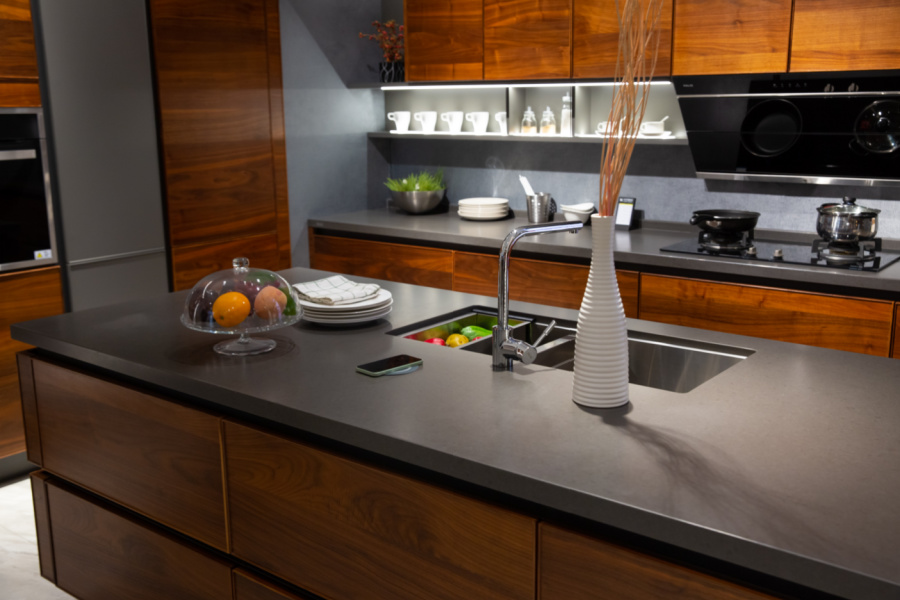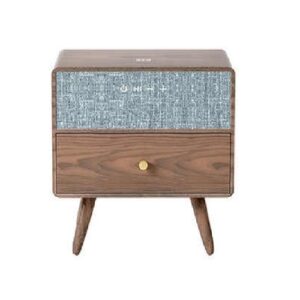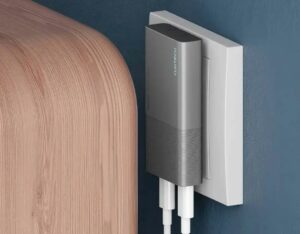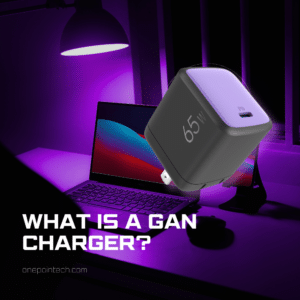Homeowners often debate about granite and quartz countertops when making decisions for their kitchen countertops. Before we get into the detailed breakdown of the granite vs. quartz question, let’s first have a look at what granite is and what quartz is.
Granite is a type of natural stone that’s polished, smooth, and widely used for things like kitchen countertops. Being strong and polished to a high shine, it is also a popular material for memorial stones and statues. Granite is also commonly used in building constructions and commercial area floors.
Quartz is a manufactured/engineered stone fabricated from sheets of material manufactured using a process that combines a specialized blend of 93% quartz and 7% polyester resins and pigments.
Now that we know what they are let’s dive in and make a detailed comparison.
Appearance-No two granite slabs are the same; quartz countertops have consistency in color and texture.
Granite countertops are natural stones from mines all over the world. Before it reaches your local countertop showroom, it is cut into manageable sizes and polished to a mirror-like gloss.
Granite is mainly composed of a mixture of quartz and feldspar, and other minerals. The percentages of these ingredients combine to provide color and pattern variations. Just like fingerprints, no two granite slabs are the same. Deciding on the exact granite countertop part to install is crucial. Some homeowners choose granite over quartz because of granite’s natural variation. In contrast, some others appreciate quartz’s countertops’ consistency in color and pattern.
Quartz countertops are mainly artificially made of ground natural quartz (also known as engineered stone), mixed with 7-10% man-made materials, including resins, polymers and various pigments. Due to the pigment added to the ground quartz, the color and texture in the slab are consistent. The appearance of the quartz from one slab to another in a production batch is uniform.
Price-Costs of granite countertops and quartz countertops depend on the quality you choose.
The price of quartz countertops ranges from $55 to $75 per square foot. The price per square foot of higher quality quartz is $100 or more. For an average kitchen with a 30-square-foot counter, quartz countertops cost approximately $1,800. The labor will cost about 22% of the material cost being $360 while cutting out sink cost is about $100, and the edge will cost about $10 a foot. The total cost of a quartz countertop for an average kitchen would be $3,760.
The price of granite countertops ranges from US$40 to US$75 per square foot. We grade granite on a scale of 1 to 8, of which 8 is the most exotic, rare, and expensive. The price per square foot of these unique granite slabs is much higher, usually as high as $500 per foot. For an average kitchen with a 30-square-foot counter, an average-quality granite countertop costs about $1,500. Labor will cost about 22% of the material cost for about $330. The sink cutout costs $100, and the edge is about $10. The total cost of the granite countertop installation is $3,500.
Maintenance-Granite is more heat resistant than quartz; both granite countertop and quartz countertop require cleanup after use.
Quartz countertop is not nearly as heat resistant as granite. If you put a hot pot on the quartz counter, it will damage the sealing on it.
Quartz countertop does not require resealing as it is sealed as part of its manufacturing process. It needs to be cleaned with mild soap and water after use. Certain chemicals react with quartz, so please read all label instructions carefully when using new products. Please note that quartz is more resistant to contamination than granite. Still, it is not resistant to contamination even if it is well sealed. Grape juice or ketchup spills still need to be cleaned up quickly. Granite should also be cleaned regularly with mild soap and water and thoroughly cleaned after spills to avoid staining. Since the surface is a bit porous, most granite installers recommend resealing the countertop every year.
Homeowners can easily repair granite chips with a matching epoxy resin available from the local home improvement store. Professionals should repair any cracks or blemishes larger than peanuts. For quartz, professionals should always be hired to repair cracks or chips.
Durability-Quartz countertops are very durable but should be protected from UV light as it fades in the sun. Granite countertops don’t fade but can’t be hit with heavy objects.
When talking about durability and choosing between granite and quartz countertops, we have to think about what we do on a daily basis in the kitchen. We cut, handle hot pots and pans, move heavy mixing bowl, use small kitchen appliances like electronic mixers. Is our countertop durable enough to stand these?
Quartz countertops are very durable because the resin and polymer are combined with natural quartz to make the surface free of cracks and pores. Therefore, a properly maintained quartz countertop can last the life of the entire house.
However, quartz tends to fade or change color under direct sunlight. All quartz countertops should be protected from ultraviolet radiation. On the contrary, since granite comes from the earth, sunlight and heat will not change its appearance.
Granite countertops are very strong and can last a lifetime if used and maintained properly. However, if you hit it with a heavy object at the correct angle, the natural stone will shatter. It is very unlikely with regular use.
Both granite countertops and quartz countertops can work with under-table wireless chargers to make the kitchen more modern.
Adding stealth wireless chargers to granite countertops or quartz countertops

Nowadays, many modern homeowners have the desire to make their countertops more than just regular functions. We have seen vast growth in customers inquiring about wireless chargers that work through their granite or quartz countertops. They hope to turn their or their customers’ kitchen countertop into a wireless charging spot. The desire to keep phones charged up while cooking is going up.
With the conventional embedded wireless chargers, you have to cut out a hole underneath the countertop to keep the distance from the charger to the phone within 10mm. Now, you don’t have to worry about cutting and damaging your precious countertop. Use the long-distance wireless charger. Simply stick it under the granite or quartz countertop and mark the charging spot with a sticker on the surface. There you go! A modern kitchen countertop charging spot is ready for use. It’s simply that easy.




